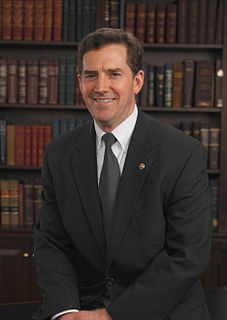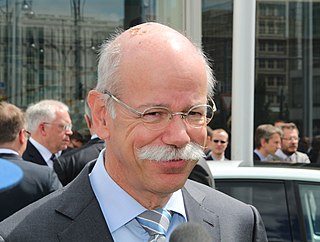A Quote by Robert Zubrin
Were the United States to pass a law requiring all cars to be methanol-capable flex-fuel vehicles, or simply repeal EPA regulations that prevent such conversions from being carried out privately, our immense natural-gas capacity could make a dramatic entrance into the liquid-fuel market.
Related Quotes
Today, natural gas now outstrips coal as the leading provider of electricity in America. If this is as big as people believe it is, natural gas will soon be powering trucks and marine ships. Maybe even standard commercial cars that people use at home through compressed natural gas, other gas to liquids. The potential is there for more energy independence by America and a reliance on cleaner fuel - natural gas emits half as much as coal, in terms of carbon emissions. That's a real bounty.
In the European Union, a fleet average of 95 grams of CO2 per kilometer will be permitted in 2020. This corresponds to fuel consumption of about four liters (per 100 kilometers; about 59 mpg). We have to continue reducing the fuel consumption of our vehicles and offer hybrid and electric vehicles, or else we will be unable to achieve these values.
Natural gas obviously brings with it a number of quality-of-life environmental benefits because it is a relatively clean-burning fuel. It has a CO2 footprint, but it has no particulates. It has none of the other emissions elements that are of concern to public health that other forms of power-generation fuels do have: coal, fuel oil, others.

































